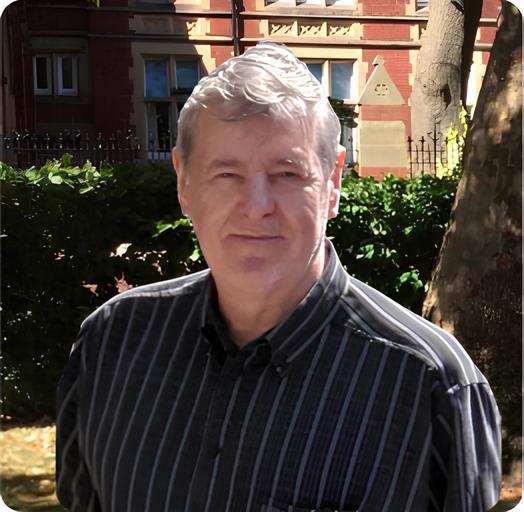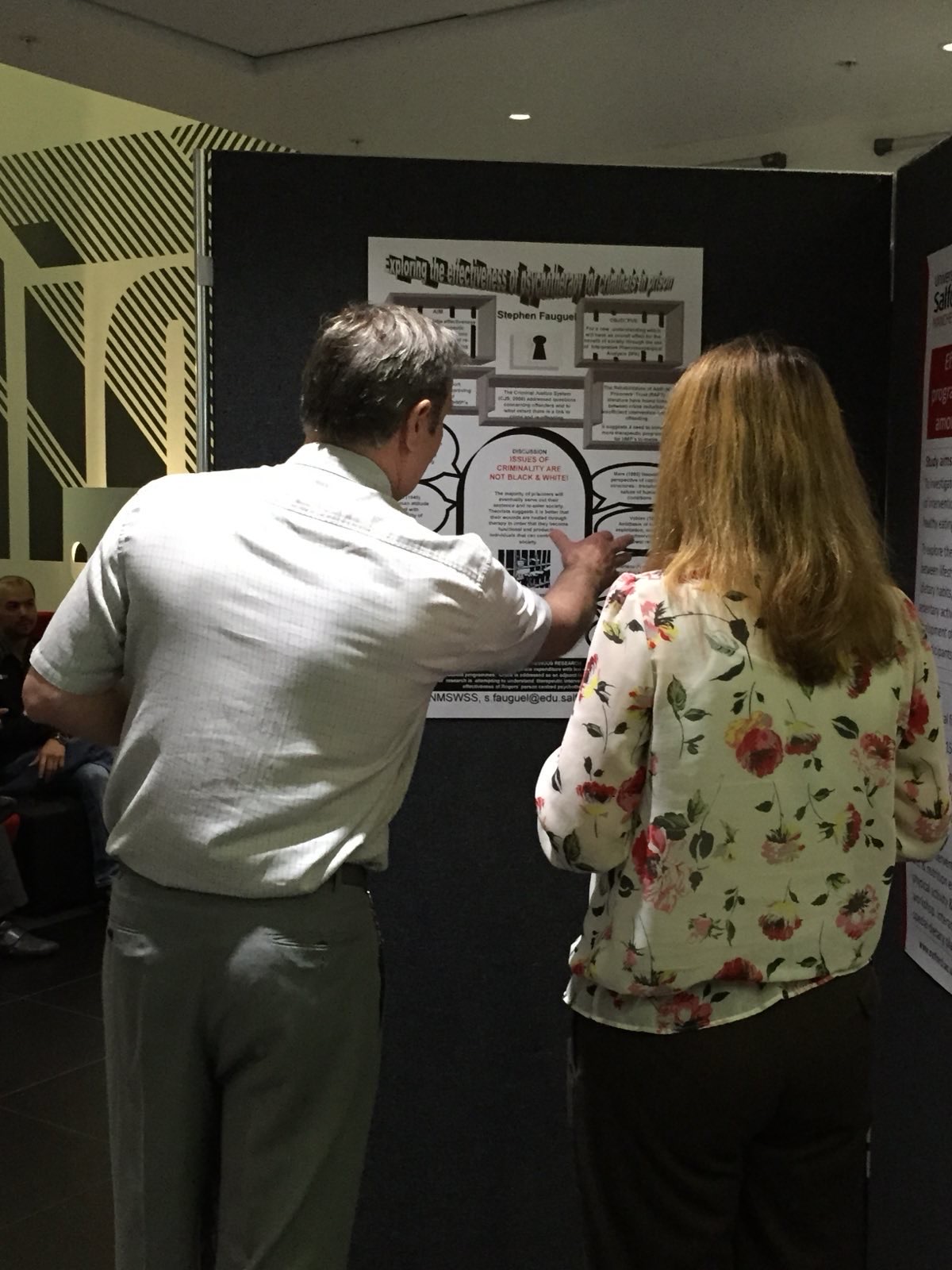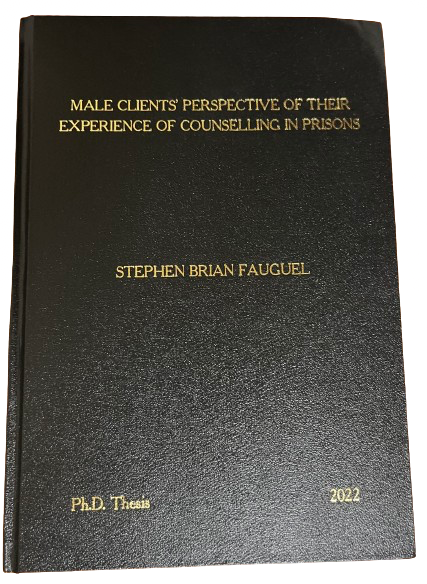The use of psycho-therapeutic interventions within prisons in recent
years has been widespread.
In order to improve the results of therapy, it is necessary to
measure the effectiveness of the outcome (Castonguay, 2013).
However, the measurement of outcomes is difficult to gauge, in
particular because of the hostile environment within prison, which
encourages the client to enter a state in which life is stripped of
purpose and responsibility. Heidegger (1927) explains his
philosophical view of the awareness of existence with his statement
of ‘Dasein’ (being there) (Heidegger, 1927).
Incarceration in a prison excludes the possibility that individuals
experience and express themselves in an open manner without fear, as
Sartre explained as ‘existential anxiety’ (Sartre, 1945), the
feeling of anxiety emerging within a prisoner creating a feeling of
loss of freedom of choice. Considering the prisoner’s choices within
prison, for example, the counsellor of their own choice, access to
counselling appointments, unrestrictive counselling facilities, and
counselling venues are issues that arise more frequently in prison
than in any other therapeutic contexts.
The focus of this research is on the male client’s perspective of
counselling in prison. The purpose of the study is three-fold: to
gain an understanding of how the male prisoner’s experience
counselling; to explore what is useful and what is not useful about
counselling; and to further improve knowledge of counselling
therapy, so that counselling may be enhanced for the benefit of
prison clients.
This study is qualitative, adopting the theoretical framework of
Interpretive Phenomenological Analysis (IPA). Male prisoners who
have had counselling in prison have spoken of their experience of
being counselled in prison and this has filled the gap in the
literature. This study makes a unique contribution to the existing
knowledge base regarding how male clients perceive counselling and
may improve the effectiveness of counselling in prisons by ensuring
that future counselling of men in prison will become more effective
and appropriate to their needs









